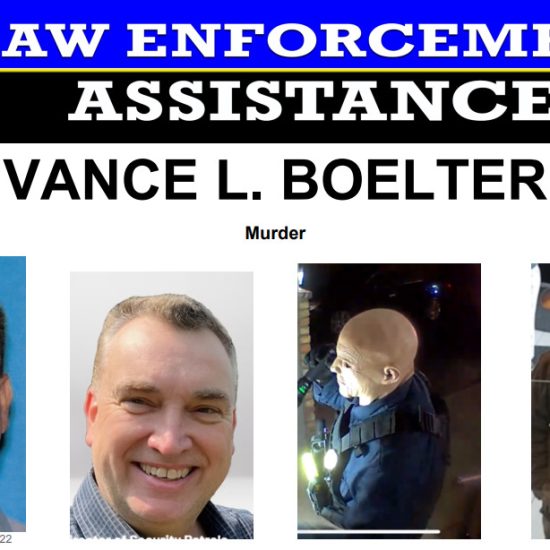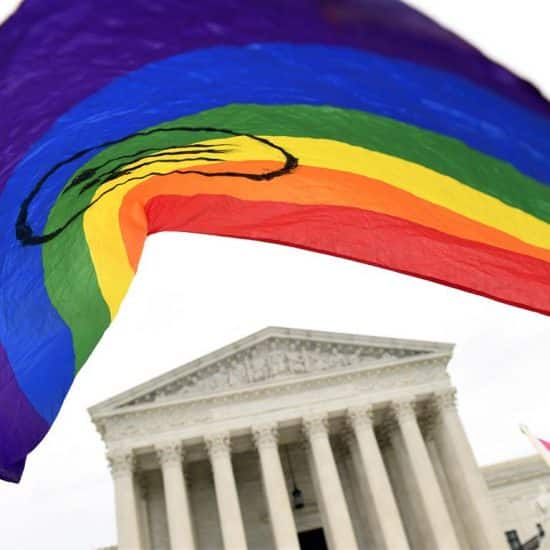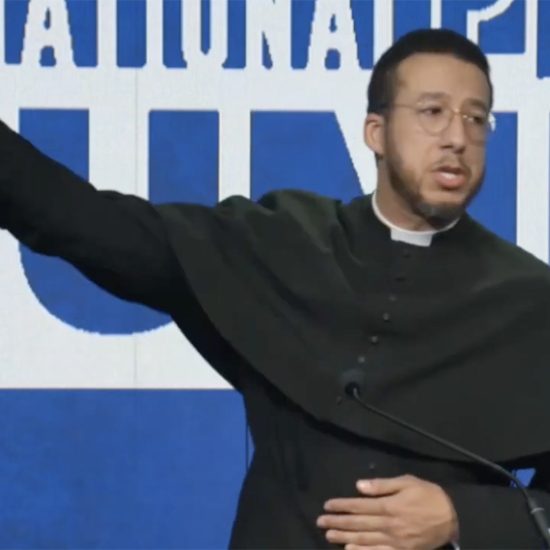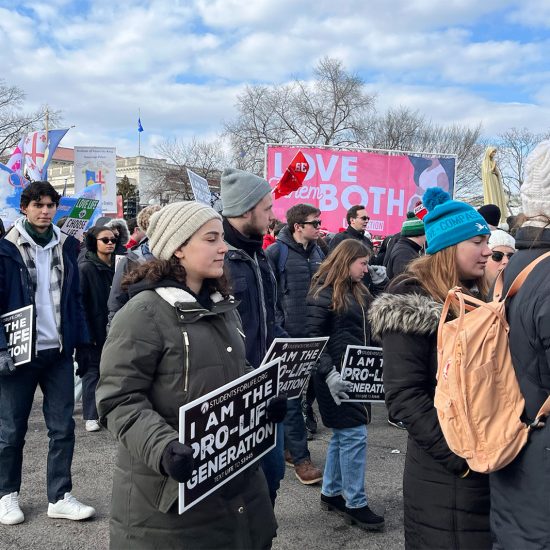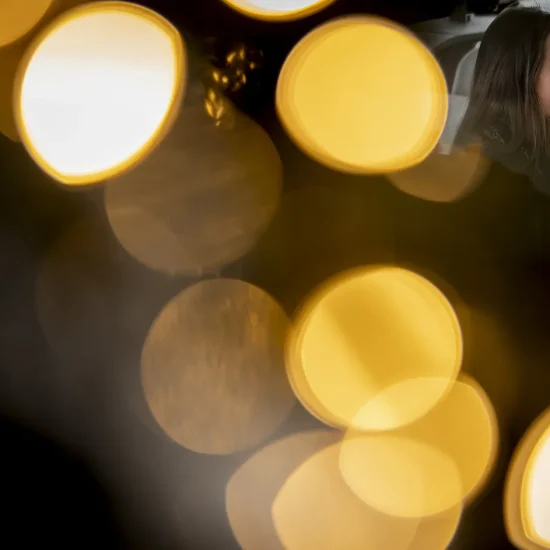Last summer, I made the trek to New York City for a weekend of sightseeing with a childhood friend. Among our stops was the 9/11 Memorial Plaza, featuring the names of each victim from the 2001 terrorist attack on the World Trade Center etched in bronze surrounding a waterfall that reached so far beneath the ground we could not see its end. It was beautiful and heartbreaking all at once.
I learned that included in the memorial are references to 11 preborn babies who were among the victims. I found it a subtle but deeply meaningful reminder of their humanity; an acknowledgement that their life — however short — meant something too.
I thought of that memorial last week when the spire of the Freedom Tower at the World Trade Center site was lit pink to celebrate enactment of New York’s heinous and deceptively named Reproductive Health Act.
The law permits abortion on demand up until the moment of birth for vague reasons of a patient’s “health,” which has been defined in past case law to include “all factors — physical, emotional, psychological, familial, and the woman’s age.” This means a late-term, preborn baby that is capable of experiencing pain inside the womb and is viable outside the womb can have her life taken from her on grounds of a parent’s emotional stress. The barbarity is overwhelming.
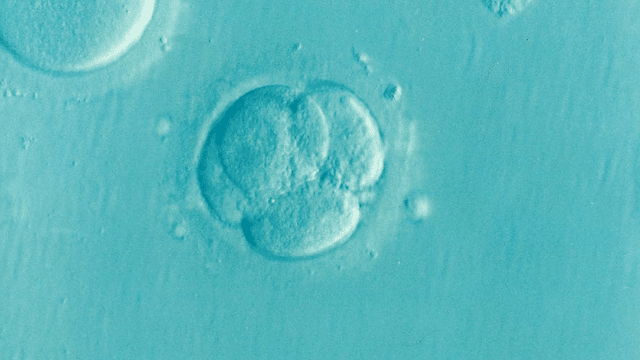
New York’s Reproductive Health Act permits abortion on demand up until the moment of birth.
Even former President Barack Obama warned against such overly broad legislation, saying as a candidate in 2008: “I think it’s entirely appropriate for states to restrict or even prohibit late-term abortions as long as there is a strict, well-defined exception for the health of the mother. Now, I don’t think that ‘mental distress’ qualifies as the health of the mother. I think it has to be a serious physical issue that arises in pregnancy … as long as there is such a medical exception in place, I think we can prohibit late-term abortions.”
What has happened in the Empire State is a human rights crisis. It demands the attention of our churches and all people of conscience yet, for many mainline and moderate denominations, this atrocity is met with a crushing silence. It should not be this way. If it is true that “God did not give us a spirit of timidity,” surely that includes speaking truth to matters we know are close to the heart of our Lord, even when our world, our political biases and perhaps our own congregations do not yet agree.
And if he knew us before we were born, then I am persuaded that this same creator God desires to see the violence and oppression of abortion — which denies the chance to see the light of day to those he calls beloved and spoke into being — wiped from this earth. This will sound like a political statement to some but, historically, liberals and conservatives have linked arms in the name of defending human life.
Consider that the time-honored Hyde Amendment, which prohibits taxpayer funding of elective abortions and is estimated to have saved more than two million lives, initially passed in 1976 with support from more than 100 House Democrats. It continues to enjoy bipartisan support as an attachment to annual spending bills. Years later, the Partial Birth Abortion Ban of 2003 became law with the votes of 63 Democrats in the House of Representatives who joined forces with a near-unanimous Republican conference to protect infant children from harm.
Today, bipartisan support for the cause of life has weakened, but there are encouraging signs of change. Earlier this month at the March for Life gathering on the National Mall in Washington, D.C., pro-life Democratic Congressman Dan Lipinski of Illinois addressed the crowd, saying “We’re all here because we all agree on one thing: every life is sacred and needs to be protected. No one is expendable and our highest priority has to be to defend life from the first moment.”
In the wake of the tragic New York late-term abortion law, other traditionally left-of-center personalities, particularly within the church, have raised their voice in protest. Progressive Christian leader Shane Claiborne, an outspoken critic of the Trump administration and advocate for stricter gun control, said on Twitter, “What happened in New York breaks my heart and I hope it breaks yours … regardless of your politics.”
Father James Martin, who has argued extensively for greater acceptance of the LGBTQ community in the Catholic church, added in response to the law’s passage and the cavalier display atop the Freedom Tower, “I am pro life … I cannot imagine anyone wanting to ‘celebrate’ more abortions.”
Christopher Hale, a former Democratic Congressional candidate who led Catholic outreach for President Obama’s 2012 campaign, offered some sobering context, saying “A dog in New York State has more legal protections than a child mere days from birth. What’s progressive about that?”
These statements are heartening to me because I believe with all my being that God invites each of us to join him in raising up a culture of life, not just politically conservative evangelicals — who themselves have seen their witness dimmed in some cases because of an at-all-costs fealty to President Donald Trump — but all who claim him as Lord.
From The Episcopal Church to the Cooperative Baptist Fellowship, our mainline traditions are uniquely positioned to join God in this kingdom effort. So many of these churches have been on the front lines when it comes to matters of justice for the most vulnerable among us. We can speak with boldness when it comes to protections for the preborn child because it is consistent with the ethic we have clung to all along.
Our pews are filled with people of all political persuasions, including many who self-identify as moderate to progressive, giving us an opportunity to reach outside the conservative echo chamber and make a pro-life appeal not on grounds of party politics, but rather on the basis of equality for all God’s children, our belief in the intrinsic value and dignity of his youngest image-bearers, and the truth of science’s attestation to the humanity of the preborn.
Maybe it is possible that, when we bow our head in the pew on Sunday and ask God to help us realize his kingdom “on earth as it is in heaven,” the grim headlines of the day and the soft pink glow of an international symbol of freedom, turned a temporary and tragic symbol of subjugation, are illuminating a path forward. Maybe when we pray that dangerous prayer in which we ask God to break our hearts for the things that break his, he just might lead us headfirst into an unshakeable conviction that every life ever conceived is irreplaceable in his loving, perfect plan for humankind.
Maybe it will spur us to act.
Maybe our political tribes and our own self-interests will cry out in protest.
Maybe we will do it anyway.

